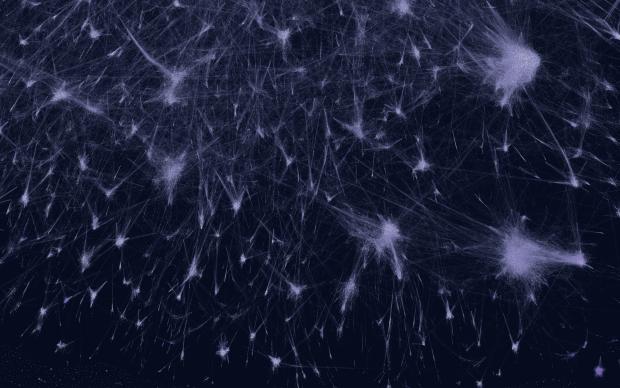

Discovering how genetic variation leads to changes in traits underlies the study of human disease and the understanding of the evolutionary process. What makes each human individual different and the diversity of life on earth are, to some extent, determined by differences in DNA. How these DNA differences manifest in a variety of shapes, capabilities and even different propensity to disease remains a mystery. Our long term goal is to have comprehensive models of how DNA changes result in differences in biomolecules, their interactions and ultimately different traits or disease.
Within this broad scope we have two main lines of research. One line of research on trait variation among individuals of the some species, where we are broadly interested in studying the genetics of trait variation from DNA to phenotype, including the genetics of human disease. A second line of research is focused on the study of the function and evolution of post-translational regulatory circuits, where we develop computational methods to study the evolution and function of post-translational modifications (PTMs); reconstructing the kinase signalling network; the dynamics and cell decision properties of PTM systems and how they change in disease.


